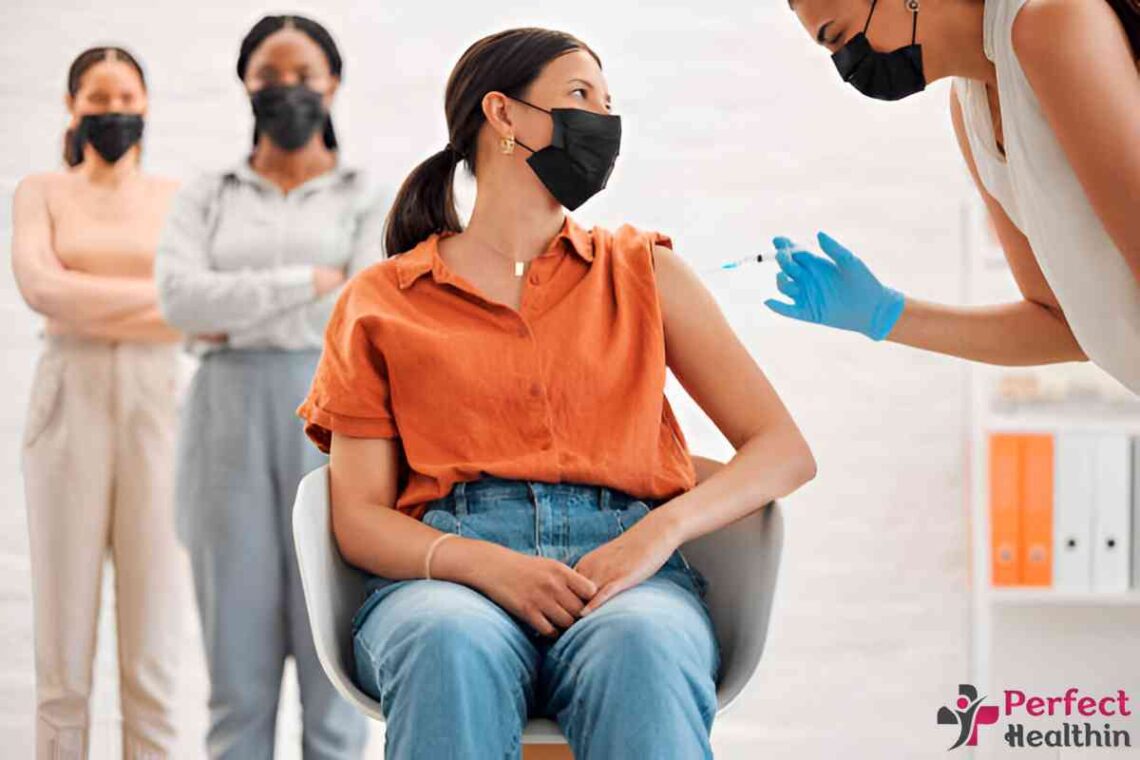Vaccines have revolutionized healthcare by providing a robust defense against numerous infectious diseases. Vaccines prepare individuals to fight off specific pathogens effectively by stimulating the body’s immune response.
This proactive approach has saved countless lives and continues to be a cornerstone of public health initiatives.
History of Vaccines
The journey of vaccines began in the late 18th century with Edward Jenner’s groundbreaking work on smallpox. Jenner’s innovative use of cowpox material to confer immunity against smallpox laid the foundation for modern vaccinology.
Following this, Louis Pasteur’s development of vaccines for rabies and anthrax in the 19th century further cemented the importance of immunization.
The 20th century witnessed significant advancements with the development of vaccines for polio, measles, and hepatitis B. These breakthroughs have drastically reduced the incidence of these diseases, showcasing the transformative power of vaccines.
How Vaccines Work
Vaccines operate by mimicking infectious agents, thereby training the immune system to recognize and combat real threats. When a vaccine is administered, it introduces antigens—components of the pathogen—into the body. This exposure prompts the immune system to produce antibodies, specialized proteins that neutralize the antigens.
Importantly, vaccines contribute to herd immunity. When a significant portion of the population is vaccinated, the spread of contagious diseases is curtailed, protecting those who cannot be vaccinated, such as infants and immunocompromised individuals. This collective immunity is crucial in preventing outbreaks and maintaining public health.
Types of Vaccines
Vaccines come in various forms, each designed to address specific diseases effectively:
Live-Attenuated Vaccines
These contain weakened forms of the virus or bacteria, which induce a strong immune response without causing the disease. Examples include the measles, mumps, and rubella (MMR) vaccine.
Inactivated Vaccines
These consist of killed pathogens, providing immunity without the risk of infection. The polio vaccine is a notable example.
Subunit, Recombinant, Polysaccharide, and Conjugate Vaccines
These use pieces of the pathogen to trigger an immune response. The hepatitis B vaccine falls into this category.
mRNA Vaccines
A newer approach, mRNA vaccines, like the COVID-19 vaccines, use messenger RNA to instruct cells to produce a protein that elicits an immune response.
Each type of vaccine plays a critical role in controlling various infectious diseases, underscoring the importance of a comprehensive immunization strategy.
The Importance of Vaccination for Travelers
Traveling exposes individuals to different pathogens prevalent in various regions. Vaccinations are essential for travelers to prevent diseases such as yellow fever, typhoid, and hepatitis A, which may not be common in their home countries.
For instance, yellow fever vaccination is mandatory for entry into several countries in Africa and South America. Similarly, the hepatitis A vaccine is recommended for travelers to areas with poor sanitation. Ensuring that travelers receive the appropriate vaccinations not only protects them but also prevents the global spread of infectious diseases.
Consulting with healthcare professionals before traveling can provide tailored advice and vaccinations specific to their destinations.
The Role of Vaccines in Global Health Initiatives
Vaccines are pivotal in global health efforts aimed at eradicating and controlling infectious diseases. Successful vaccination campaigns have led to the near-eradication of polio and the substantial reduction of measles cases worldwide. These initiatives demonstrate the profound impact of vaccines on public health.
Organizations such as the World Health Organization (WHO) and the Global Alliance for Vaccines and Immunization (GAVI) work tirelessly to improve vaccine access in low-income countries. Their efforts ensure that life-saving vaccines reach the most vulnerable populations, fostering healthier communities globally.
Addressing Vaccine Hesitancy
Vaccine hesitancy, fueled by misinformation and fear, poses a significant challenge to public health. Common misconceptions include concerns about vaccine safety, potential side effects, and misinformation linking vaccines to unrelated health conditions.
To address these concerns, it is crucial to provide accurate information and engage in open, empathetic conversations. Medical professionals play a key role in educating patients about the benefits and safety of vaccines.
Healthcare professionals’ commitment to patient education is evident in their approach to addressing vaccine hesitancy. Equipped with the knowledge and resources to answer patients’ questions and provide reassurance, they foster trust and confidence in the vaccination process.
Conclusion
Vaccines are a vital tool in the fight against infectious diseases, safeguarding individual and public health. The historical successes of vaccination programs highlight their effectiveness and importance. Staying informed and up-to-date with vaccinations contribute to a healthier, safer world.
For comprehensive vaccination services, consult with healthcare professionals who can provide the care and information needed to keep you and your loved ones protected. Vaccination is not just a personal health measure; it is a collective responsibility that ensures the well-being of communities globally.

